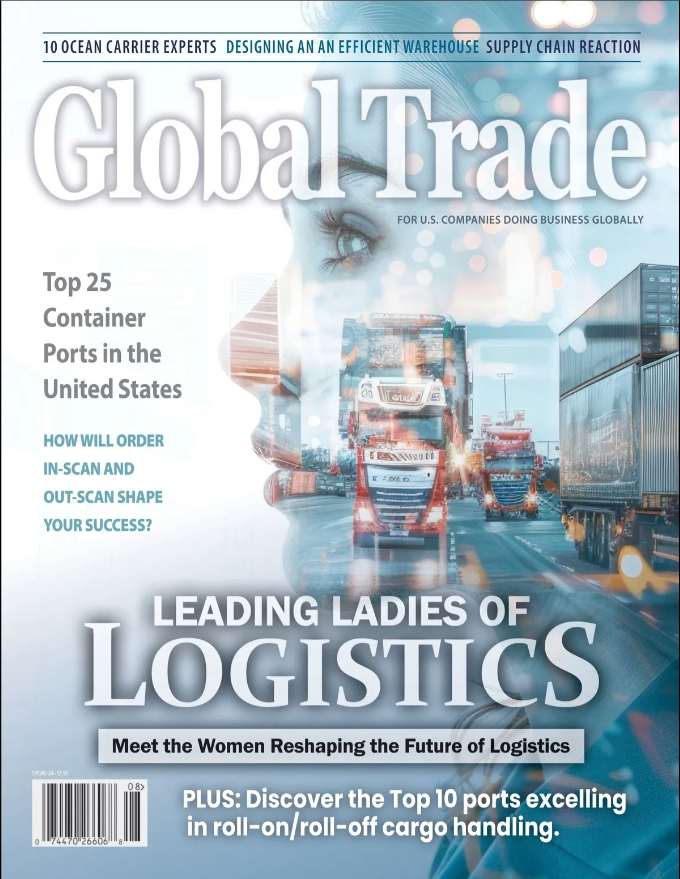Challenges and Strategies for Economic Recovery in Emerging Europe and Central Asia
The World Bank’s latest Economic Update for the Europe and Central Asia region paints a sobering picture of economic activity, forecasting a slowdown in growth due to various factors. Despite a substantial strengthening in 2023, regional growth is projected to slow to 2.8% this year, with headwinds from a weaker global economy, tight monetary policies, and geopolitical tensions.
Antonella Bassani, World Bank Vice President for the region, emphasizes the need for countries to address multiple crises and revive productivity growth to protect their people and accelerate economic recovery. The lingering effects of recent shocks, including Russia’s invasion of Ukraine and the pandemic, continue to hinder progress.
While inflation has fallen faster than expected, households still grapple with the aftermath of the 2022 cost-of-living crisis. In Ukraine, recovery is expected to slow due to factors like labor shortages and a smaller harvest, with reconstruction costs surpassing the country’s pre-war economy size.
Türkiye is also facing economic challenges, with growth expected to dip to its lowest level since 2009, primarily due to macroeconomic consolidation efforts. Meanwhile, subdued global oil prices will impact prospects in Central Asia, with growth projections being revised downwards.
A special focus chapter in the report highlights the importance of unleashing the power of the private sector for economic development. While significant progress has been made in transitioning to market economies, barriers to business dynamism persist, including challenges in the competition environment, state involvement in the economy, and skills gaps in the workforce.
Addressing these challenges requires efforts to reduce barriers to entry for firms, improve the quality of education, and enhance access to long-term finance for private enterprises. By fostering a conducive environment for private sector growth and innovation, countries in the region can bolster their economic resilience and drive long-term prosperity.





Leave a Reply